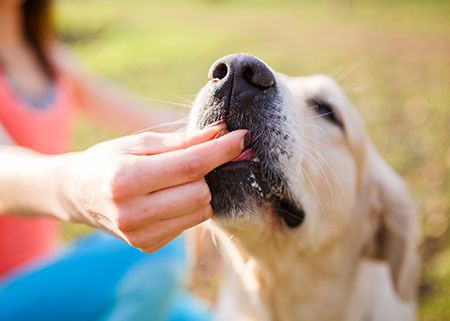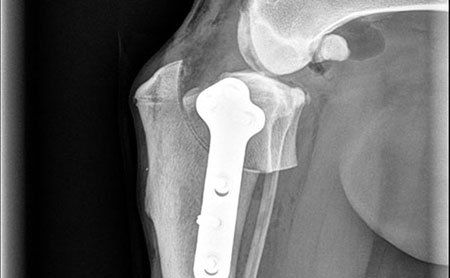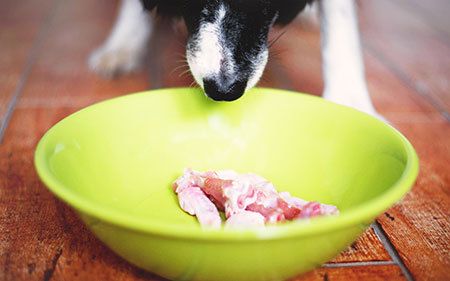dvm360's top clinical stories of 2019
Here's the years most-clicked medical content from dvm360.com, dvm360 magazine and Vetted. What did you miss?
No. 10: Do your heartworm protocols need an update?

More on current heartworm medicine
• Veterinary symposium reveals latest heartworm research
• What you don't know about heartworm treatment
• Get a handle on heartworm disease
• Avoid turmoil when testing for heartworm disease
No. 9: Just Ask the Expert: Is ace not so ace for examining patients with fear aggression?

No. 8: 5 quick Q&As on cannabidiol use in veterinary practice

More on cannabidiols in veterinary medicine
• Veterinarians: Get involved in the cannabidiol conversation
• Wrangling the topic of CBD with your veterinary clients
• Letter to dvm360: Clashing concerns about CBD and veterinary medicine
• The CBD discussion: What veterinary professionals need to know
• Clearing up cannabis confusion for veterinary professionals
• How CBD is changing the pet treat industry
No. 7: Study finds new supplement supports muscle mass retention and earlier return to normal weight-bearing post-TPLO surgery

No. 6: Urine luck: A new test for canine bladder and prostate cancer

No. 5: Clients feeding homemade or raw? Drop the judgment

More on raw and homemade diets
• Book excerpt: Why no one should be feeding pets raw meat
• UC Davis study: Homemade feline diets nutritionally inadequate
• When it comes to homemade diets, tell and SHOW
No. 4: Shelter Snapshot: 9 ways to up your spay/neuter game

Note: Interested in the debate over early spays and neuters? Read more about it here.
No. 3: Vets don't let friends choose breeds: A dvm360 chart

Veterinary clients hear 'Frenchie,' you hear constant respiratory problems.
No. 2: The use of gabapentin to help manage anxiety in dogs

No. 1: Shedding light on the heart disease–grain-free pet food conundrum

More on grain-free foods and nutrition
• FDA targets peas, lentils, potatoes in investigation of grain-free diets and DCM
• Grain-free pet food sales declining after FDA alerts
• Client handout: Are grain-free diets causing dilated cardiomyopathy (DCM) in dogs?